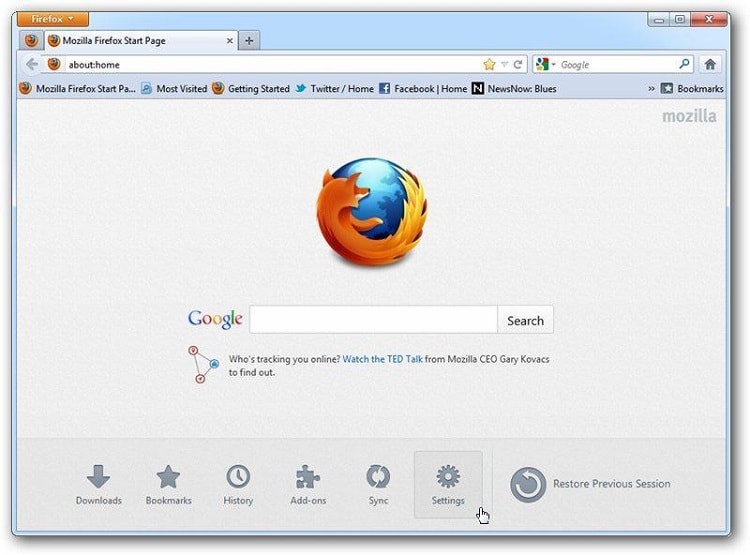

"IE6 has been the punch line of browser jokes for a while, and we’ve been as eager as anyone to see it go away," writes Roger Capriotti, director of Internet Explorer marketing.Mozilla Firefox version 84.0 has been released, which includes native support for the new Mac models with Apple's M1 chip. January 4th 2012: Use of IE6 drops below 1% in the US, and Microsoft is thrilled. There has been speculation that the increase is due to a bidding war with Microsoft Bing.

Meanwhile, Chrome 15 edges out IE8 as the most widely used Web browser version, although Microsoft claims IE9 holds that title (when only looking at Windows 7 installations).ĭecember 16 th 2011: Mozilla releases a developer preview of Apps project and hints at Firefox as a gaming platform.ĭecember 20 th 2011: Mozilla releases Firefox 9.ĭecember 21 st 2011: Mozilla renews its search bar deal with Google for another three years, at three times the cost of the previous arrangement. November 10 th 2011: Mozilla celebrates the 7 th anniversary of Firefox.ĭecember 2 nd 2011: Google Chrome overtakes Mozilla Firefox in market share to become the second most popular Web browser, behind Internet Explorerĭecember 6 th 2011: Opera releases version 11.60ĭecember 14 th 2011: Google updates Chrome to version 16.ĭecember 16 th 2011: Windows Update now auto-updates Internet Explorer to the latest version. November 7 th 2011: Mozilla releases Firefox 8. November 3 rd 2011: Chrome finishes October just shy of 25% overall Web browser market share (according to StatCounter).

November 1 st 2011: Opera releases an impressive WebGL demo code-named Odin, requiring a WebGL-capable browser. October 28 th 2011: Mozilla and Microsoft team up to launch a special version of Firefox with Bing as the default search provider. October 26 th 2011: Google releases Chrome 15. October 15 th 2011: Google announces that Chrome has reached 200 million active users.


 0 kommentar(er)
0 kommentar(er)
